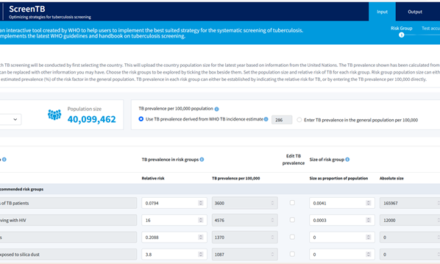When we’re stressed, many of us reach for comfort foods like burgers, fries, and pizza. However, new research from CU Boulder suggests that this coping mechanism might be doing more harm than good, particularly for our mental health.
The study, led by Christopher Lowry, a professor of integrative physiology at CU Boulder, found that in animals, a high-fat diet disrupts gut bacteria, alters behavior, and influences brain chemicals in ways that increase anxiety.
“Everyone knows that these are not healthy foods, but we tend to think about them strictly in terms of a little weight gain,” said Lowry. “If you understand that they also impact your brain in a way that can promote anxiety, that makes the stakes even higher.”
Published in the journal Biological Research, the study involved collaboration with Sylvana Rendeiro de Noronha, a doctoral student at the Federal University of Ouro Preto in Brazil. It builds on previous findings that rats fed a high-fat diet, primarily consisting of saturated fats, exhibited increased neuroinflammation and anxiety-like behavior.
To investigate further, Lowry’s team divided male adolescent rats into two groups: one received a standard diet of about 11% fat, while the other consumed a high-fat diet with 45% fat, mostly from animal products. Over nine weeks, the researchers collected fecal samples and assessed the rats’ gut bacteria. Behavioral tests were also conducted.
The results showed that the high-fat diet group not only gained weight but also had significantly less gut bacterial diversity. They exhibited a higher ratio of Firmicutes to Bacteroidetes, a gut microbiome composition associated with obesity and the typical industrialized diet. Additionally, the high-fat diet rats showed increased expression of genes involved in serotonin production and signaling in the brainstem’s dorsal raphe nucleus, a region linked to stress and anxiety.
“To think that just a high-fat diet could alter expression of these genes in the brain is extraordinary,” Lowry said. “The high-fat group essentially had the molecular signature of a high anxiety state in their brain.”
The study suggests that an unhealthy gut microbiome may compromise the gut lining, allowing bacteria to enter the bloodstream and communicate with the brain via the vagus nerve. This gut-brain interaction could explain how a disrupted gut influences brain chemistry.
Lowry emphasized that not all fats are harmful. Healthy fats found in fish, olive oil, nuts, and seeds can be anti-inflammatory and beneficial for the brain. However, exposure to a high-fat diet rich in saturated fats, particularly at a young age, may increase anxiety in the short term and predispose the brain to anxiety in the future.
His advice? “Eat as many different kinds of fruits and vegetables as possible, add fermented foods to your diet to support a healthy microbiome, and lay off the pizza and fries. Also, if you do have a hamburger, add a slice of avocado. Research shows that good fat can counteract some of the bad.”
The study underscores the complex relationship between diet, gut health, and mental well-being, highlighting the importance of a balanced diet for both physical and mental health.
More information: Sylvana I. S. Rendeiro de Noronha et al, High-fat diet, microbiome-gut-brain axis signaling, and anxiety-like behavior in male rats, Biological Research (2024).












